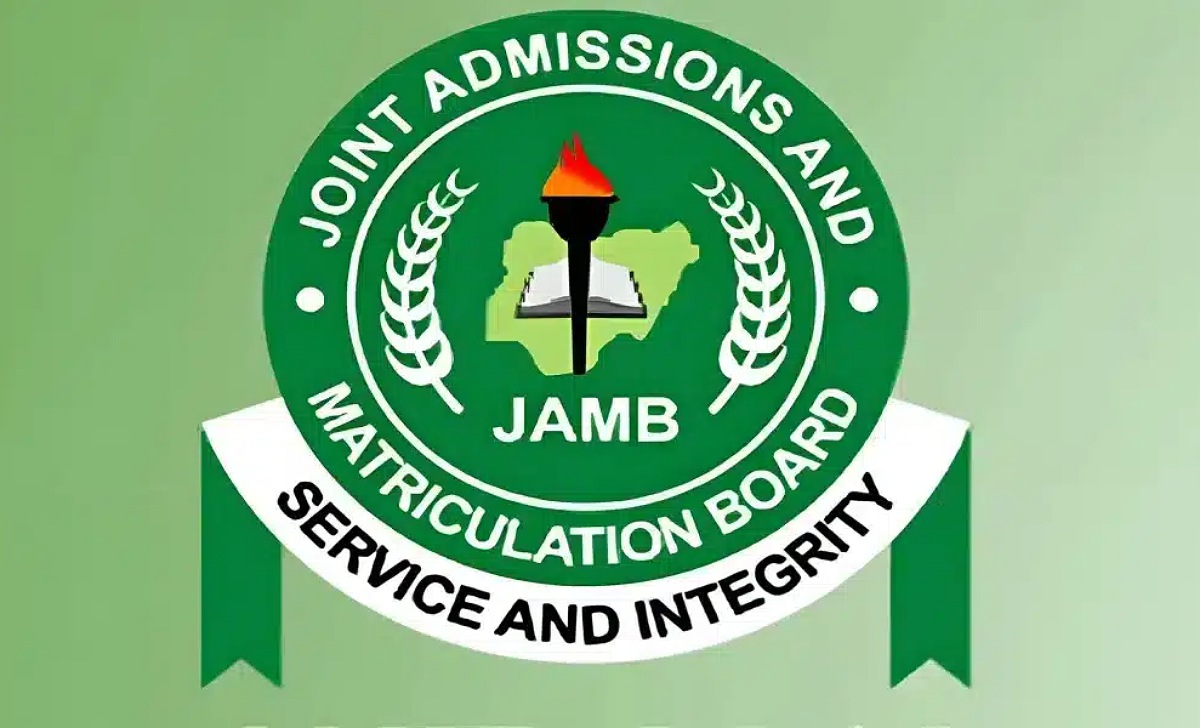The Joint Admissions and Matriculation Board (JAMB) examination is a pivotal step for Nigerian students seeking admission into higher education institutions.
A common question among prospective undergraduates revolves around the significance of Mathematics. This comprehensive guide clarifies which courses require Mathematics in JAMB, providing detailed insights and guidance for students planning their academic pathways.
Why Mathematics is Important
Mathematics is a fundamental discipline that develops logical reasoning, problem-solving skills, and analytical thinking.
These skills are crucial not only in mathematically intensive fields but also in various other disciplines. Its importance is reflected in its inclusion as a compulsory subject for many courses in Nigerian universities, polytechnics, and colleges of education.
Categorizing Courses by Mathematics Requirement
For clarity, we can broadly categorize courses based on their Mathematics requirement in JAMB:
- Courses with Compulsory Mathematics: These courses absolutely require Mathematics as a core subject in JAMB. Failure to have a credit pass in Mathematics can disqualify a candidate from admission.
- Courses Where Mathematics is Highly Recommended/An Advantage: While not strictly compulsory, a good grade in Mathematics significantly strengthens an applicant’s profile and may be used as a tie-breaker in competitive admissions.
- Courses Where Mathematics is Not Required (or Less Emphasized): These courses focus primarily on other subjects, and Mathematics plays a minimal or no role in the admission process.
List of Courses and Their Mathematics Requirements
It’s important to check out our JAMB brochure for all courses, their requirements and subject combinations. However, this list provides a general overview:
1. Courses with Compulsory Mathematics:
- Engineering: All branches of engineering (Civil, Mechanical, Electrical/Electronics, Chemical, Petroleum, Computer, etc.) require strong mathematical foundations. Calculus, algebra, and geometry are essential.
- Physical Sciences: Physics, Chemistry, Geology, Geophysics, and related fields heavily rely on mathematical principles for analysis, calculations, and problem-solving.
- Mathematics and Statistics: These disciplines are inherently mathematical, demanding a deep understanding of mathematical concepts and techniques.
- Computer Science/Information Technology: Mathematics is fundamental to programming, algorithms, data structures, and other core concepts in these fields.
- Architecture: Architectural design involves spatial reasoning, geometry, and calculations, making Mathematics a necessary requirement.
- Surveying and Geoinformatics: This field uses mathematical principles for measurement, mapping, and spatial data analysis.
- Accounting and Finance: While some may think it is only about numbers, advanced accounting and financial analysis require statistical and mathematical methods.
- Economics: Economic models, forecasting, and analysis rely heavily on mathematical and statistical tools.
- Quantity Surveying: This discipline involves cost estimation and management in construction projects, requiring mathematical calculations and measurements.
- Actuarial Science: This field uses statistical and mathematical methods to assess risk in insurance and finance.
- Land Surveying: This is a field that involves measurement of land, which requires mathematical calculations.
- Building Technology: This field involves application of scientific and mathematical principles to building construction.
2. Courses Where Mathematics is Highly Recommended/An Advantage:
- Biological Sciences (e.g., Biology, Zoology, Botany): While not always strictly compulsory, Mathematics is beneficial for data analysis, statistical interpretation, and understanding certain biological models.
- Medicine and related fields (e.g., Medicine, Dentistry, Pharmacy): Basic mathematical skills are needed for dosage calculations, interpreting medical statistics, and understanding certain physiological processes.
- Geography: Statistical analysis, map projections, and spatial data interpretation benefit from a mathematical background.
- Agricultural Sciences: Statistical analysis is crucial for research, data interpretation and analysis in agricultural experiments.
3. Courses Where Mathematics is Not Required (or Less Emphasized):
- Languages and Literature (e.g., English, French, History): These courses primarily focus on language, literature, and historical studies, with minimal mathematical content.
- Law: Legal studies focus on legal principles, interpretation, and analysis, with no direct requirement for Mathematics.
- Arts and Humanities (e.g., Fine Arts, Music, Philosophy, Religious Studies): These disciplines typically do not require Mathematics as a core subject.
- Mass Communication/Journalism: While basic numeracy might be helpful, advanced mathematical skills are not generally required.
- Education (specific areas): Some education courses, particularly those focusing on arts, humanities, or languages, may not require Mathematics. However, Mathematics is compulsory for science, engineering, and other related education courses.
